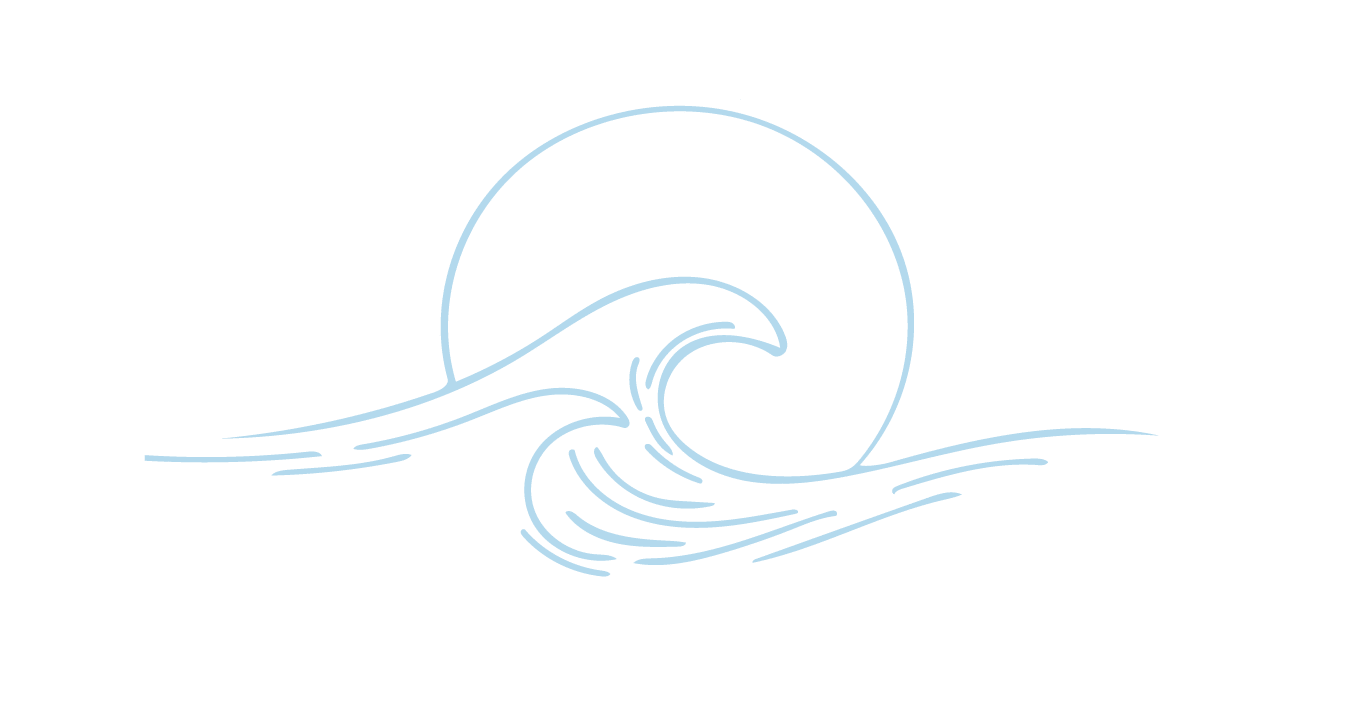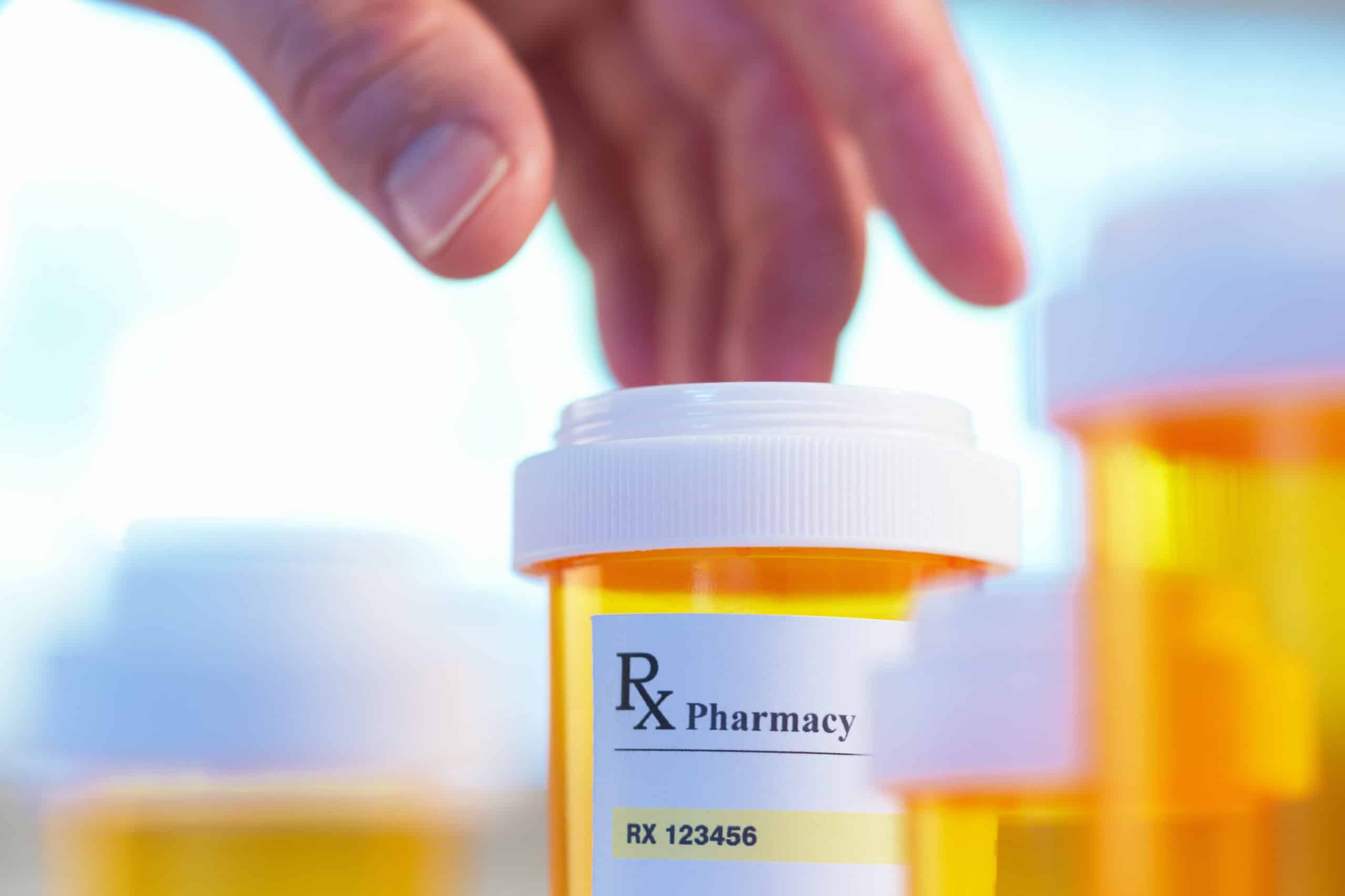When people talk about prescription drug addiction, they usually think of prescription painkillers (narcotics or opioids). While the opioid epidemic has and continues to significantly impact people from all demographics and areas of the nation, these drugs are not the only medications with a high addiction risk. Statistics provided from the most recent National Survey on Drug Use and Health conducted in 2020 suggest that abuse of prescription drugs leads to more than 100 deaths every day and rates of addiction to all categories of prescription drugs continue to rise.
Research on the prevalence and effects of prescription drug addiction suggests as many as 18 million Americans meet the diagnostic criteria for a substance use disorder based on their misuse of, dependency on, or addiction to a prescription drug.
Because all prescription drugs impact users differently, it is impossible to predict how your loved one will react to a particular substance. It can be challenging to know if a loved one may need help to overcome addiction to prescription drugs. Knowing what to look for and recognizing the signs of prescription drug abuse early can ensure you or your loved one receives the help and support needed to overcome addiction safely.
Are Prescription Drugs Safe?
The answer to this question is twofold. Are prescription drugs safe? The answer is, unfortunately, not so straightforward.
When prescription medications are used intended, as part of a comprehensive treatment program, they are highly beneficial and effective components of that plan. When used appropriately, prescription drugs can help alleviate many difficult and unpleasant symptoms associated with several physical and mental health conditions.
However, the benefits of these drugs can be called into question by the significant risk of abuse and addiction that often accompanies their use. This is why the Drug Enforcement Administration (DEA) classifies most prescription medications as controlled substances.
What are the Signs of Prescription Drug Addiction?
When a medical or mental health provider prescribes a mediation, its use is designed to produce specific effects depending on their patient’s symptoms and treatment needs. Prescription drugs affect the brain and other vital body symptoms leading to symptom improvement, including pain relief, improved energy, increased sedation, and even helping reduce the intensity of drug withdrawal symptoms during detox. Unfortunately, these effects are both desired effects of the medication and indications of drug addiction.
Although the signs of prescription drug addiction will vary depending on the substance used, many emotional, behavioral, and physical signs of addiction present regardless of the drug used. Examples of common physical symptoms of addiction may include stomach problems, skin sores, difficulties breathing, heart rate changes, diet and weight changes, problems sleeping, body aches and pains, and experiencing withdrawal symptoms when not using.
Emotional and behavioral signs of addiction may include depression, anxiety, memory problems, psychotic symptoms, legal and financial problems related to using, mood swings, drug-seeking behaviors, voluntary isolation, choosing to use over family or other obligations, poor judgment, doctor shopping, forging prescriptions and stealing mediations.
What Prescription Drugs are Most Addictive?
Not all prescription drugs have the same addictive potential; some are far more addictive than others. Most of these drugs affect your brain and your brain’s reward system by flooding it with dopamine, a naturally occurring chemical in the body responsible for feelings of pleasure and euphoria. With time, untreated addiction to prescription drugs leads to dependency on the substance to feel “normal.”
As previously noted, when people think of addictive prescription drugs, they (often) first think of opioid medications or painkillers. Although these are among the most addictive drugs, they are not the only category of prescription medication that is highly addictive. Examples of prescription drugs that are the most addictive include:
- Opioids such as Oxycontin, codeine, Percocet, fentanyl, and Demerol.
- Central nervous system depressants (CNS depressants) like Xanax, Klonopin, and valium.
- Stimulant drugs include Adderall and Ritalin.
How to Find Prescription Drug Rehab in Southern California
If you or a loved one suffers from the symptoms and challenges of a prescription pill addiction, getting help at a prescription drug rehab in Southern California is the first step towards healing.
Contact a member of our admissions team today if you would like to learn more about how our experienced, compassionate team at our luxury inpatient rehab in Huntington Beach, CA.





